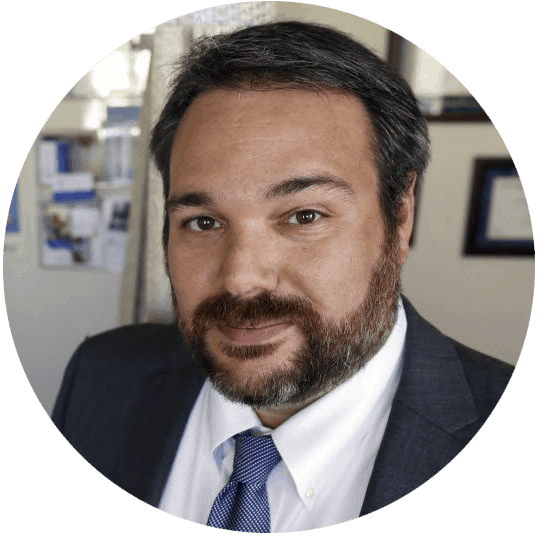Benjamin M. Greenberg, MD, MHS
Associate Professor at UT Southwestern Medical Center | Director, Perot Foundation Neurosciences Translational Research Center | Vice Chair of Translational Research and Strategic Initiatives, Department of Neurology and Neurotherapeutics | Director, Transverse Myelitis, Neuromyelitis Optica Programs | Director, Pediatric Demyelinating Disease Program
Dr. Benjamin Greenberg received his Bachelor of Arts degree from Johns Hopkins University and his Masters Degree in Molecular Microbiology and Immunology from the Johns Hopkins School of Public Health in Baltimore, Maryland. He attended medical school at Baylor College of Medicine in Houston, Texas. Then, he completed an internship in medicine at Rush-Presbyterian-St. Lukes Medical Center in Chicago, Illinois before going on to his residency in neurology at The Johns Hopkins Hospital in Baltimore, MD. He then joined the faculty within the division of neuroimmunology at Hopkins and became the co-director of the Transverse Myelitis Center and director of the Encephalitis Center. In January of 2009 he was recruited to the faculty at the University of Texas Southwestern Medical Center where he was named Director of the new Transverse Myelitis and Neuromyelitis Optica Program. That same year he founded the Pediatric Demyelinating Disease Program at Children’s Medical Center Dallas.
Dr. Greenberg is recognized internationally as an expert in rare autoimmune disorders of the central nervous system (e.g. transverse myelitis, neuromyelitis optica spectrum disorder, ADEM and autoimmune encephalitis). He splits his clinical time between seeing both adult and pediatric patients. He routinely consults on the inpatient units of University Hospital, Zale Lipshy, Parkland and Children’s. His research interests are in both the diagnosis and treatment of transverse myelitis, neuromyelitis optica spectrum disorder, encephalitis, multiples sclerosis and infections of the nervous system. He is actively involved in developing better ways to diagnose and prognosticate for patients with these disorders. He has led an effort to improve biorepository development and has created uniform protocols for sample handling and analysis. As part of this initiative his research has identified novel biomarkers that may be able to distinguish between patients with various neurologic disorders. He also coordinates trials that study new treatments to prevent neurologic damage and restore function to those who have already been affected. He currently serves as the Director of the Neurosciences Clinical Research Center and is a Cain Denius Foundation Scholar.







